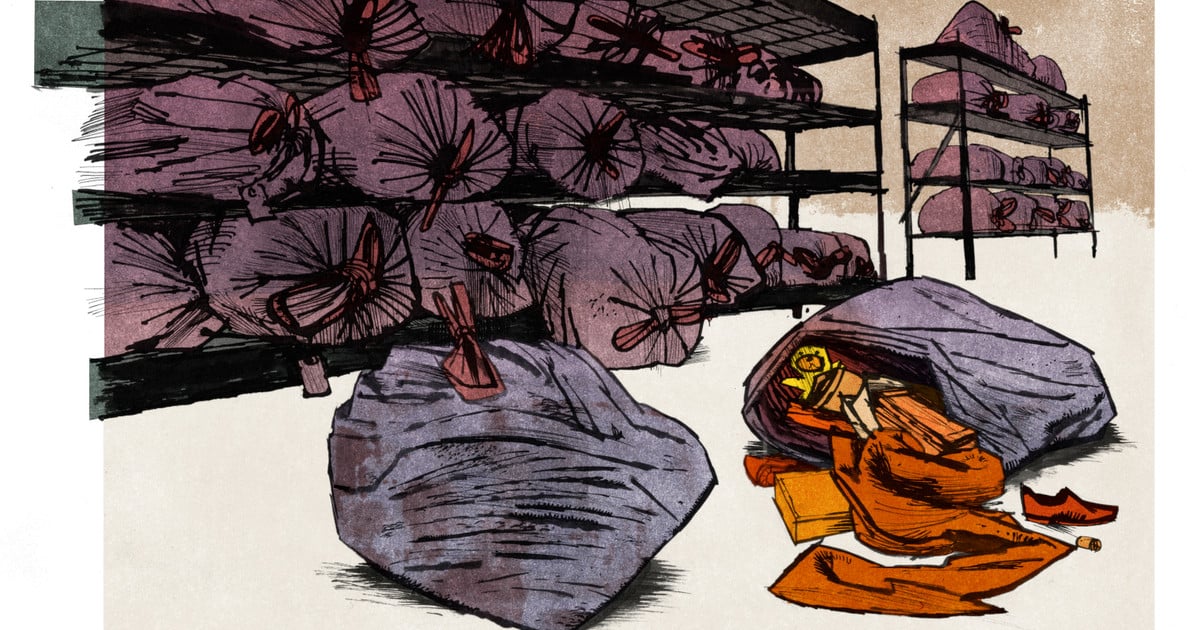Over the past year, my colleagues Ruth Talbot, Asia Fields, Maya Miller and I have investigated how cities have sometimes ignored their own policies and court orders, which has resulted in them taking homeless people’s belongings during encampment clearings. We also found that some cities have failed to store the property so it could be returned. People told us about local governments taking everything from tents and sleeping bags to journals, pictures and mementos. Even when cities are ordered to stop seizing belongings and to provide storage for the property they take, we found that people are rarely reunited with their possessions.
The losses are traumatizing, can worsen health outcomes, and can make it harder for people like Stratton to find stability and get back inside.
Our reporting is particularly relevant because cities have recently passed new camping bans or started enforcing ones already on the books following a Supreme Court decision in June that allows local officials to punish people for sleeping outside, even if shelter isn’t available.



No, it would result in a violent crackdown by police.
Homeless people are demonized enough as it is. If they became violent, it would just be an excuse for police and governments to take free reign in brutalizing them.
Can it really get worse if they fight back? I really doubt it, at that point they actually have to get them help.
Why do you say “have to”? Who is going to make them?
Cops work for city hall, and every city hall works (mostly) for itself.
None of them has to do anything they don’t want to.
I mean little bit of column A, little bit of column B. Both black people and gay people got human rights by rioting, so it definitely works.
Maybe. Black and gay people also had significantly more resources than homeless people do.